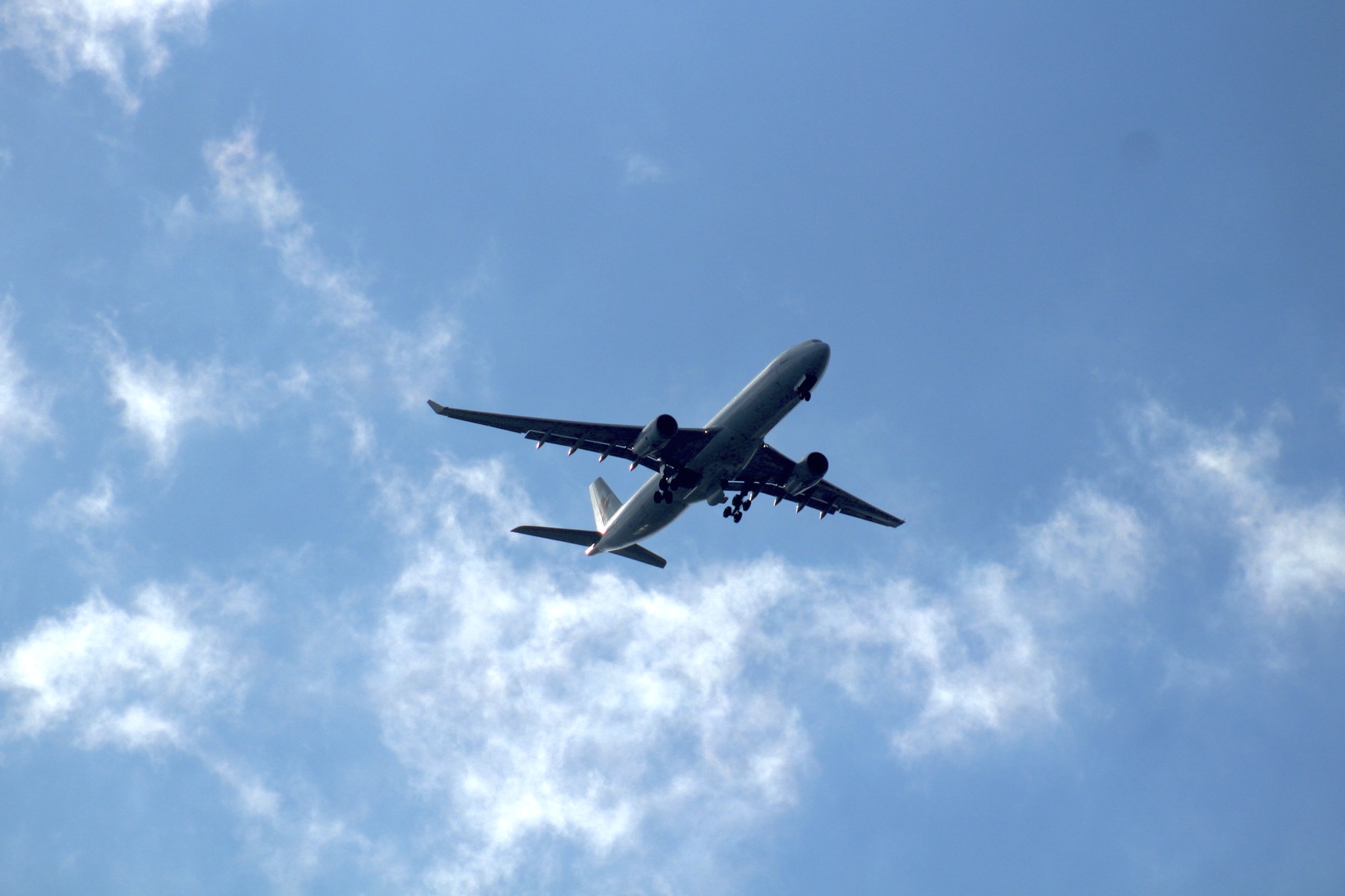Canada places a two-year cap on the number of international students accepted into Canadian institutions
Various stakeholders are concerned with the impacts of the cap while others are in favour.
On January 22, the Honourable Marc Miller, Federal Minister of Immigration, Refugees, and Citizenship announced a temporary two-year cap on the total number of new international undergrad students who will be accepted into the country.
The limit is expected to decrease the number of approved study permits distributed to 360,000 in 2024, a decrease of 35 per cent from 2023. The limit for each province and territory will be proportionate to their populations to ensure that regions with the most unsustainable international student growth will see the largest decreases in permit distribution. The cap does not affect students pursuing master’s or doctoral degrees, K-12 students, or current study permit holders.
Immigration, Refugees, and Citizenship Canada (IRCC) will distribute caps to every province and territory, which then will allocate permits to learning institutions. Since the announcement, every study permit application to the IRCC will require attestation from a province or territory to be considered.
The cap responds to a trend that suggests the support students require to succeed, such as health care and housing, has been outgrown by the quantity of students in the country. The measure will aim to protect international students and ensure the sustainability of Canada’s population growth, which ranks as the fastest-growing country in the Group of Seven bloc.
The government will play an active role as the program remains in action, with a reassessment planned at the end of this year to determine the number of new study permits that will be allocated in 2025. Over the next two years, the Federal Government will cooperate with key stakeholders in higher education, including provinces, territories, and institutions to discuss the next steps in creating a sustainable framework for managing study permits.
While the government plans to improve the integrity of the international student system, the opinions of stakeholders toward the cap vary. Highly populated provinces like Ontario and British Columbia are generally in favour of the program. Both have adopted proactive stances to ensure the maintenance of adequate support and protection of international students and have pushed for higher standards of university cooperation.
Manitoban premier, Wab Kinew, agrees with the need for adequate student support but is concerned about potential tuition increases due to the cap. Kinew has expressed his opinion that the government has not clarified all of the program’s specifics.
Meanwhile, representatives from New Brunswick are more averse to the plan. Arlene Dunn, New Brunswick’s Minister of Post-Secondary, Training and Labour stated that the policy “unfairly targets all provincial jurisdictions when not all are experiencing the same problems.” New Brunswick higher education institutions are expressing unease at the limited information they have received from the IRCC about the policy and worry that the lack of information will affect the upcoming admissions cycle.
Post-secondary institutions are at the center of the plan, and many have expressed their views on the cap. The University of Waterloo has expressed concern, “especially in light of the current financial challenges” that the University and the higher education sector as a whole are facing.
This stance is echoed by Steve Orsini, president of the Council of Ontario Universities (COU), who is calling for a reverse of the decision. In a written statement, Orsini says the decision is disappointing and may have “unintended consequences for the sector and international students.”
News Editor (Volume 51); Associate News Editor (Volume 50) — Samuel is a second-year student at UTM studying Politics and English. He previously worked with The Medium as an Associate News Editor and currently serves as the publication’s News Editor. Samuel is passionate about employing the power of writing to enhance our student community and hopes to help nurture a bright future for The Medium this year. In his spare time, Samuel can be found working out, creating music on the piano and drums, or exploring nature.


